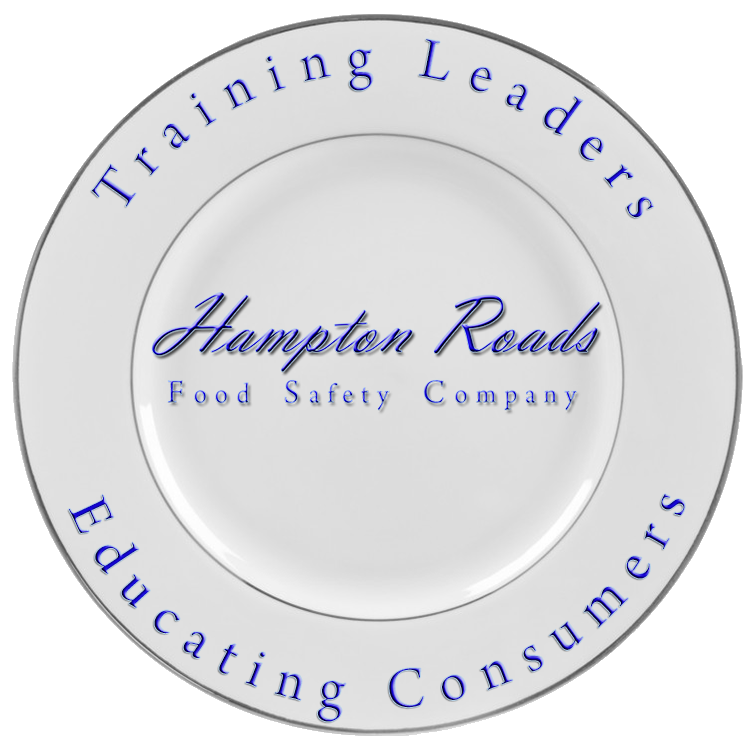How will you and your family be protected by the new actions taken by the U.S. Food and
Drug Administration (FDA) to keep your food safe?
The landmark FDA Food Safety Modernization Act of 2011 (FSMA) requires a new approach
to ensuring the safety of human and animal food and preventing outbreaks of foodborne illness.
Under the rules finalized to implement FSMA, food producers will be required to identify possible hazards and take steps---called “preventive controls”---to prevent or minimize them.
Here are five ways the FSMA rules will protect your health and that of your family:
Food companies will apply more effective controls to help prevent hazards and foodborne illness.
Facilities that manufacture, process, pack, or store food will have to develop a detailed plan to
identify anything that could be a hazard to consumers in the way they make, pack, or store their
products. Facilities then must put preventive controls in place to minimize or prevent those threats. For example, facilities could take steps to prevent the growth of and/or kill bacteria that cause foodborne illness.
Another example is food allergens (substances that can cause an allergic reaction). If allergens
are identified as a hazard, the facility would pay particular attention to how equipment is cleaned
when it is used for more than one product so that allergens are not transferred from one food to
another. The food producer would also make sure that the product label identifies the possible
presence of food allergens. Unidentified food allergens are a major cause of food recalls.
Pets and people get better protection from tainted animal food.
With the Preventive Controls for Animal Food rule, the same detailed planning to identify and
prevent hazards in the production of human food will also be required of producers of animal food, including pet food.
Pet food manufacturers have methods in place to kill harmful bacteria. Therefore, it will be much safer for both the pet and for anyone handling the food. FDA expects reductions in the risk of serious illness and death to animal when hazards, such as harmful levels of substances in a product are identified and controlled.
Eating healthfully and eating safely will go hand-in-hand.
The Produce Safety rule establishes science-based, minimum standards for safe growing,
harvesting, packing, and holding of produce on farms to minimize contamination.
Farms, unlike factories, are open environments and include elements that farmers can’t
necessarily control. However, the Produce Safety rules require actions that can, and must,
be taken to minimize the likelihood of contamination in ways that are practical and feasible for growers.
Farming conditions and methods for growing the same crop can differ widely from state to state,
So the new regulations focus on major paths of contamination that are common to all or most
farming environments. For example, there are standards for agricultural water, farm worker
hygiene and cleanliness, biological soil amendments (such as compost), and sanitation
conditions affecting buildings, equipment, and tools. These standards apply to both domestic and
imported produce. FDA believes that the produce rule will prevent hundreds of thousands of illnesses caused by contaminated fruits and vegetables each year.
There will be a greater oversight of foods imported from other countries.
We import a lot of food. Overall, 15 percent of our food supply is imported from other countries, which includes 80 percent of our seafood, nearly 50 percent of our fresh fruit, and 20 percent of our fresh vegetables.
New rules specifically affecting imports---Foreign Supplier Verification Programs (FSVP) and
Accredited Third Party Certification---greatly enhance FDA’s oversight of imported foods.
The FSVP rule requires importers to assume greater responsibility to verify that the foods they import into the United States meet the same safety standards required of domestic producers.
The Accredited Third Party Certification rule establishes a voluntary program for the accreditation of third-party certification bodies, also known as auditors, to conduct food safety
audits and issue certifications of foreign facilities and the foods for humans and animals they
produce. These requirements help ensure the competence and independence of the accreditation
bodies and third-party certification bodies participating in the program.
Consumers can be more confident that their food is safe.
The five FSMA rules that FDA has finalized in fall 2015 (the two preventive controls rules, the
Produce safety rule and the two import rules) are part of a series of steps FDA is taking to move the food safety system from reacting to outbreaks to proactively preventing them. The ultimate
Goal is to give Americans confidence that they are bringing safe food to their table.
Foodsafety.gov By: Howard Seltzer

